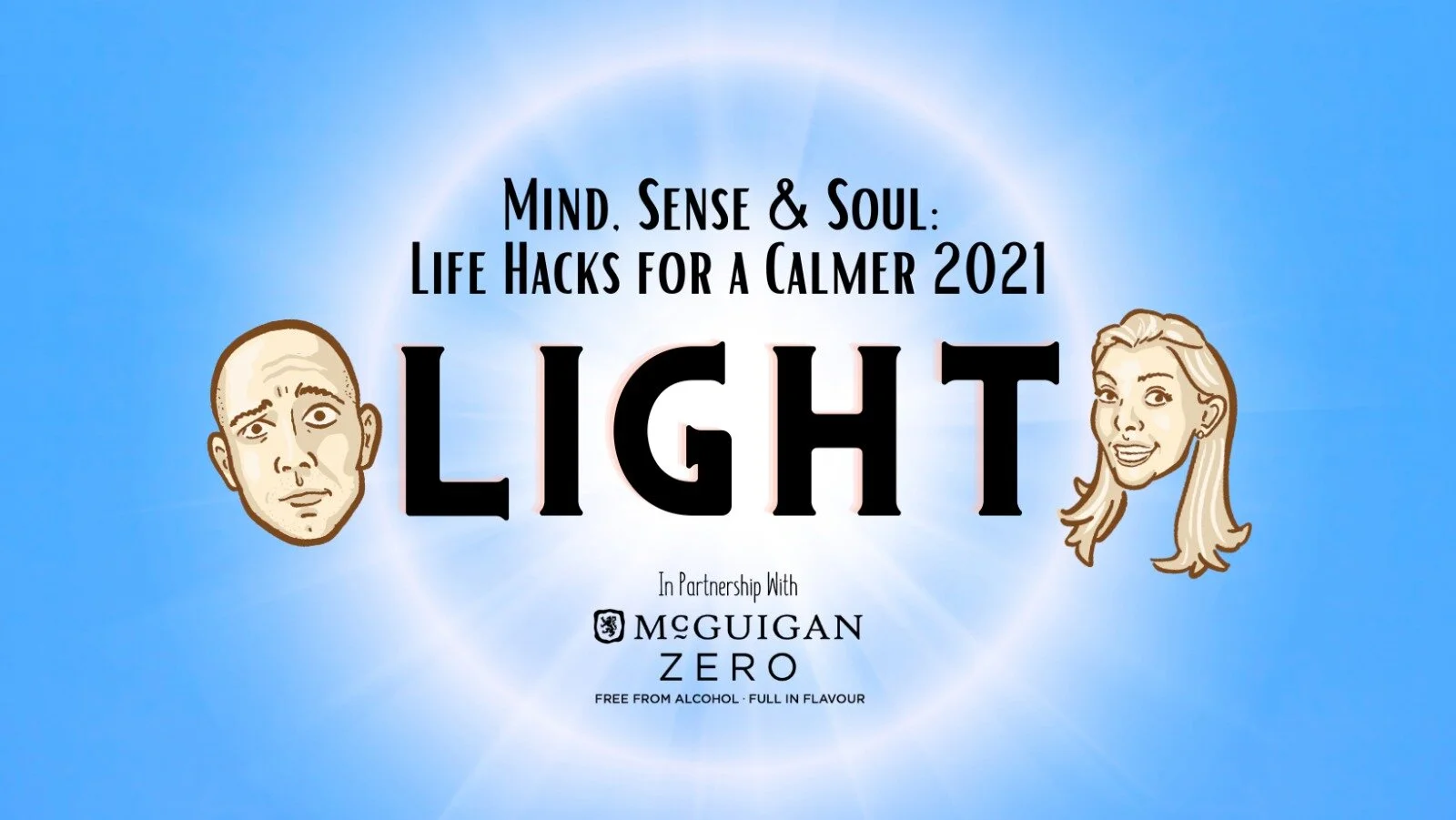It’s no secret that many of us are struggling right now more than we would. Most of the things that put a smile on our face are forbidden, but not ALL of them. That’s where today’s little tidbits of advice come into play.
Yes, there’s a variety of little things you can do on a day-to-day basis which within the space of just a few seconds can bring a little cheer back into your life and perk up your mentality and mood. Some may sound silly, some may sound obvious, but at the end of the day as long as they work that’s all that matters. Ready?
Smile at yourself in the mirror
It might sound ridiculous but smiling at yourself in a mirror makes you feel slightly uncomfortable and silly to the point that your false smile becomes a real smile. Try it.
Spend a little time with your pet if you have one
Comfort and knowing that we are responsible for someone else brings a great deal of joy to our lives. It also puts our mood into perspective. When we spend time with our kids or our pets, no matter how needy they can sometimes be, it brings a great deal of joy to our lives. It’s proven to emit certain hormones that give you a wider third-person perspective to realize that life isn’t all doom and gloom and what you are surrounded by is in fact very important and a beautiful reason to be alive.
Laugh
This one is a bit of a no-brainer. Have that comedian you adore or that TikTok / Instagram profile that makes your dimples grow. Laughter is one of life’s greatest medicines, so if you’re ever feeling blue, a couple of minutes of watching something humorous will set you back on good form.
Talk to upbeat people
Our brains and bodies release a hormone called oxytocin to strengthen the relationships we have with those around us. Your brain/body releases oxytocin to strengthen relationships. Oxytocin gets released during light caresses, sex, when someone shows they trust you, and sometimes even simply with talking. When released, oxytocin increases feelings of attachment for another person, as well as feelings of trust
Have Sex, Masturbate or get a Sex Toy
I’m not kidding – and while some people may laugh at this (good, I made you happy), sex emits a surge of hormones that really lift our spirit and mood. If you live by yourself or don’t have a partner then put things back into your own hands right now in your bedroom. There’s no shame in talking about topics like this. Mental health is a serious and complex thing and sex has been proven to have a positive impact on our moods through the release of countless hormones.
De-clutter or Re-arrange things in your room
Changing an environment can help us feel refreshed, enabling us to bust out of a negative mood. Clutter spikes cortisol, getting rid of it decreases it!
Listen to sad songs and cry.
Might sound a little counter-productive, but allowing yourself to get rid of those pent up emotions is a release. Once you’ve had that release your happiness meter is re-filled and you’ll be less likely to dwell on the negativity.
Compliment someone else
Tell a friend they look nice in a photo, drop a message to someone out of the blue reminding them of something you loved that they did. Basically, if you can give a compliment to someone, go ahead and do it. Research has shown that we get a spike in happiness knowing we are making others happy.
https://www.titlemax.com/discovery-center/lifestyle/scientifically-proven-ways-improve-your-mood/
https://www.ageuk.org.uk/information-advice/health-wellbeing/mind-body/5-tips-to-boost-your-mood/
https://greatist.com/happiness/34-ways-bust-bad-mood-ten-minutes#8





